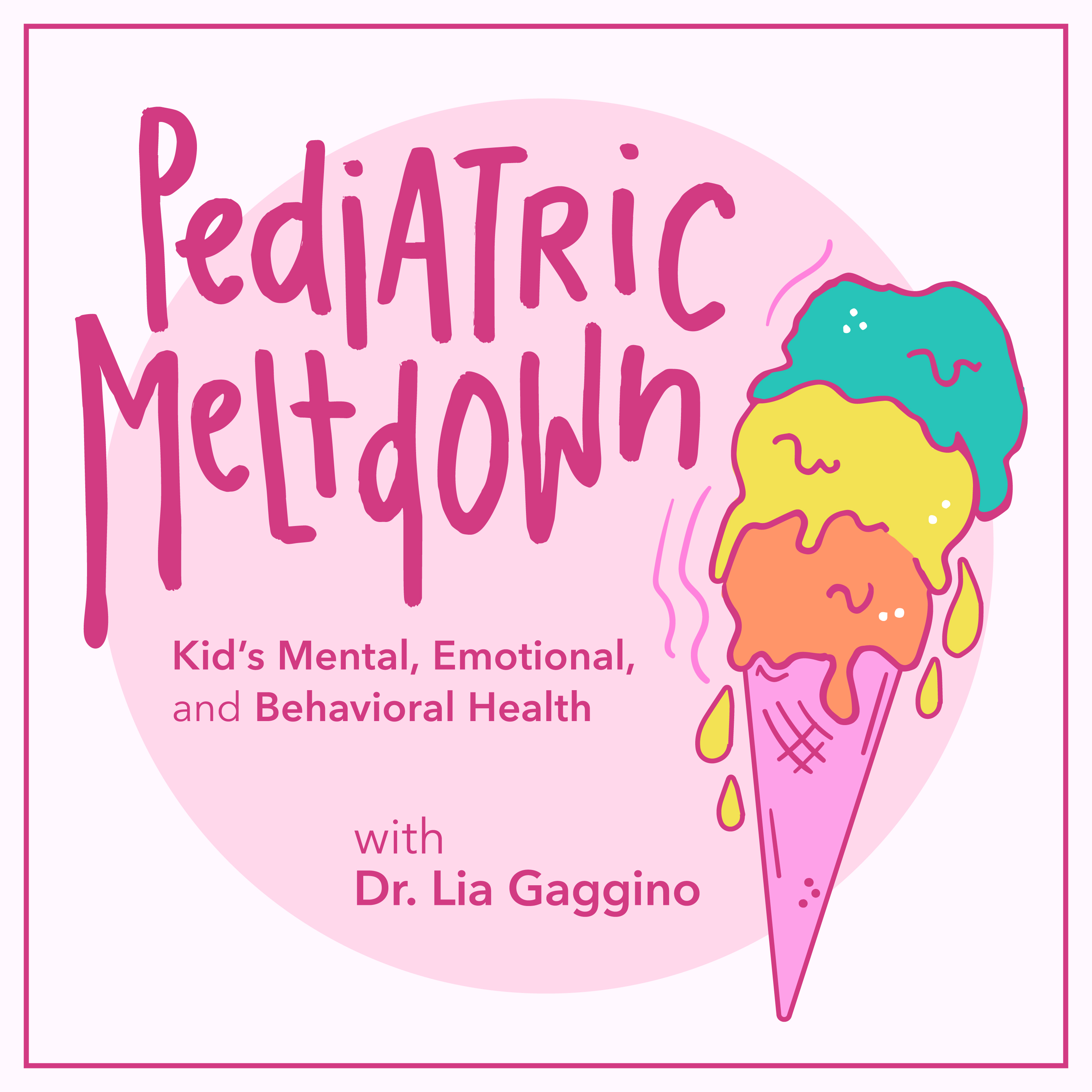
124 Obesity in Children and Adolescents: Changing the Narrative
Podcast: Pediatric Meltdown
Autor:Lia Gaggino
https://302.buzz/PM-WhatAreYourThoughtsWhen you hear Dr. Joey Skelton speak about his patients, it’s clear how deep his commitment runs. He looks beyond the numbers as he believes that each patient deserves to be treated like an individual being. Today's discussion is on childhood obesity. But don’t make the mistake of rolling your eyes and thinking “oh, yeah… it’s a problem” .... This is a different kind of discussion with a different kind of doctor. You’ll hear some things in this episode that you’ve never heard before. Dr. Gaggino asks some difficult questions and Dr. Skelton teaches us about another way to look at kids and obesity. [00:33 -19:54] Opening SegmentDr. Skelton quit his gastroenterologist practice to focus on obesity research and education.He believes that understanding the entire family is important in addressing obesity and wants to dive deeper into research in this area. His program is set up so that families can start when they are ready, and it takes into consideration that they may have a lot of other stressors in their lives.Number one referral he makes is to a counselor for issues around anxiety or depression, and number two referral is to a mental health resource for parents who may be struggling with similar issues.Our bodies are naturally inclined to gain weight as a means of preparing for potential famines or wars.[19:55 - 35:37] A New Way of Looking at Obesity. Recognizing the complexity of factors that can impact behavior change, such as access to food, work schedules, and lack of cooking skills.Addressing obesity can be difficult when a parent is already overwhelmed with other stresses in their life.Restricting or limiting portion sizes and encouraging certain foods can lead to negative outcomes, such as increased weight gain and conflicts over food. BMI is a screening tool and should not be used as a definitive diagnostic tool for obesity.Keeping the focus on the person, and behaviors related to preventing diabetes rather than just focusing on weight loss can be more effective.[35:38 -46:07] HAES (Health at Every Size) fights against Preconceived NotionsListening to podcasts and reading stories from writers in the movement can be emotional and eye-opening.Writers such as Virgie Tovar and Aubrey Gordon share their personal experiences of how their weight affected their interactions with friends, the healthcare industry, and society as a whole.It's important for healthcare providers to approach patients with a weight-neutral mindset, focusing on overall health rather than weight.Creating a safe and non-judgmental environment for patients is crucial in weight-inclusive care.Advocate for recognizing that people can be in larger bodies and still be healthy.[46:08 - 53:37] Dr. Skelton’s recommendationsScreening labs should begin around age 10, taking into account risk factors such as family history and physical findings.Look for opportunities to address issues of weight and health in a size-acceptance spirit.A mindset shift is required to recognize that health behaviors are often influenced by social drivers and the environment. The need for education, support, and understanding for patients, rather than using tests to scare families.[53:38 - 59:24] Closing segment Takeaway.Don’t forget to sign up for Dr. Gaggino’s February 24th Beta Training for
Fecha de Publicación: 18 de enero de 2023
Duración: 1 hr 0 min
Añadir a Playlist

Episodios Relacionados
-
249. The Pediatric Meltdown Podcast: Behind the Scenes junio 4, 2025
-
248. Conversation with My Daughter: Soft Body Baddie mayo 28, 2025
-
247. Human Trafficking: What Pediatric Clinicians Must Know mayo 21, 2025
-
246. Pediatric Psychopharmacology: Tips for Prescribers mayo 15, 2025
-
245. When Sadness Looks Like Anger: Rethinking Pediatric Depression and Behavioral Activation mayo 7, 2025